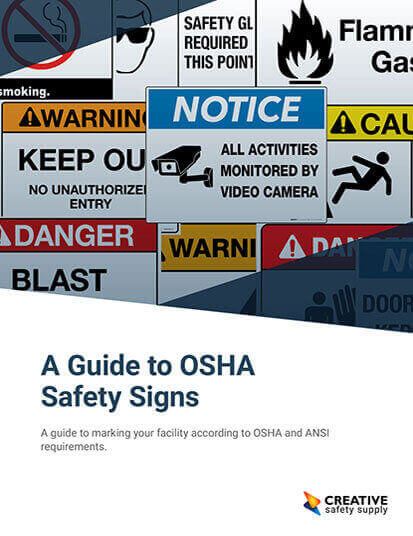
ISO (International Organization for Standardization) standards play a pivotal role in shaping the operational landscape of businesses across various industries. Among the multitude of standards, ISO 9001 and ISO 14001 stand out as cornerstones for quality and environmental management, respectively. In this article, we will explore the key distinctions between ISO 9001 and ISO 14001, shedding light on their unique focuses and benefits.
ISO 9001: Quality Management System
ISO 9001 is a globally recognized standard that centers on quality management. It provides a framework for organizations to establish and maintain processes that ensure the consistent delivery of products or services that meet customer and regulatory requirements. The core principles of ISO 9001 include customer focus, process approach, and continual improvement.
Consider a manufacturing company that adheres to ISO 9001. They meticulously document their processes, conduct regular quality audits, and have a strong customer feedback mechanism in place. This ensures that each product leaving the factory meets defined quality standards, ultimately leading to enhanced customer satisfaction and loyalty.
ISO 14001: Environmental Management System
On the other hand, ISO 14001 addresses environmental management. It focuses on helping organizations minimize their environmental impact and meet regulatory requirements related to environmental performance. ISO 14001 outlines a systematic approach to identifying and managing environmental aspects, including resource use, emissions, and waste management.
Imagine a company in the chemical industry. By adopting ISO 14001, they commit to reducing their environmental footprint. This may involve implementing pollution control measures, optimizing resource use, and adopting sustainable practices. ISO 14001 not only benefits the environment but also enhances the company's reputation as a socially responsible entity.
Key Differences
Focus Area:
- ISO 9001: Focuses on ensuring that products or services meet customer expectations and regulatory requirements. It is primarily concerned with quality management across all aspects of an organization's operations.
- ISO 14001: Concentrates on managing the environmental aspects and impacts of an organization's activities, products, and services. It is aimed at minimizing environmental harm and ensuring compliance with relevant regulations.
Core Principles:
- ISO 9001: Emphasizes customer satisfaction, process efficiency, and continual improvement. It encourages a customer-centric approach and the pursuit of operational excellence.
- ISO 14001: Prioritizes environmental aspect identification, legal compliance, and pollution prevention. It places a strong emphasis on environmental stewardship and regulatory adherence.
Benefits:
- ISO 9001: Enhances customer satisfaction, improves product quality, increases operational efficiency, and leads to cost savings through reduced defects and improved processes.
- ISO 14001: Demonstrates environmental responsibility, helps in regulatory compliance, reduces resource consumption, and enhances an organization's reputation as an environmentally conscious entity.
Applicability:
- ISO 9001: Applicable to organizations of all types and sizes, irrespective of industry. It is versatile and can be implemented in industries ranging from manufacturing to services.
- ISO 14001: Relevant to organizations seeking to manage and improve their environmental performance. It is particularly beneficial for industries with significant environmental impacts, such as manufacturing and heavy industries.
Choosing the Right Standard
Selecting between ISO 9001 and ISO 14001 (or both) depends on the nature of the organization and its priorities. While ISO 9001 focuses on customer satisfaction and process efficiency, ISO 14001 addresses environmental stewardship and regulatory compliance. Some organizations may find value in pursuing certification for both standards to comprehensively manage quality and environmental aspects.
ISO 9001 and ISO 14001 represent pillars of operational excellence, each addressing a critical aspect of organizational management. By understanding their key differences, businesses can strategically align their efforts towards quality assurance and environmental responsibility. Ultimately, the choice between ISO 9001 and ISO 14001 hinges on organizational priorities, shaping a path towards enhanced performance and sustainability.
Similar Questions
- How does ISO 9001 relate to Quality Management Systems?
- Why are ISO Standards Important for Businesses?
- What are some Real-World Examples of ISO Standard Implementation?
- How does ISO 50001 Drive Energy Efficiency and Sustainability?
- How can ISO 45001 Improve Workplace Safety and Health?
- How Does ISO Certification Impact Product Quality?
- What should I Expect in the ISO Certification Process?
- What Role does ISO play in Global Trade and Market Access?
- Is it Worth it for Small Businesses to Invest in ISO Certification?


